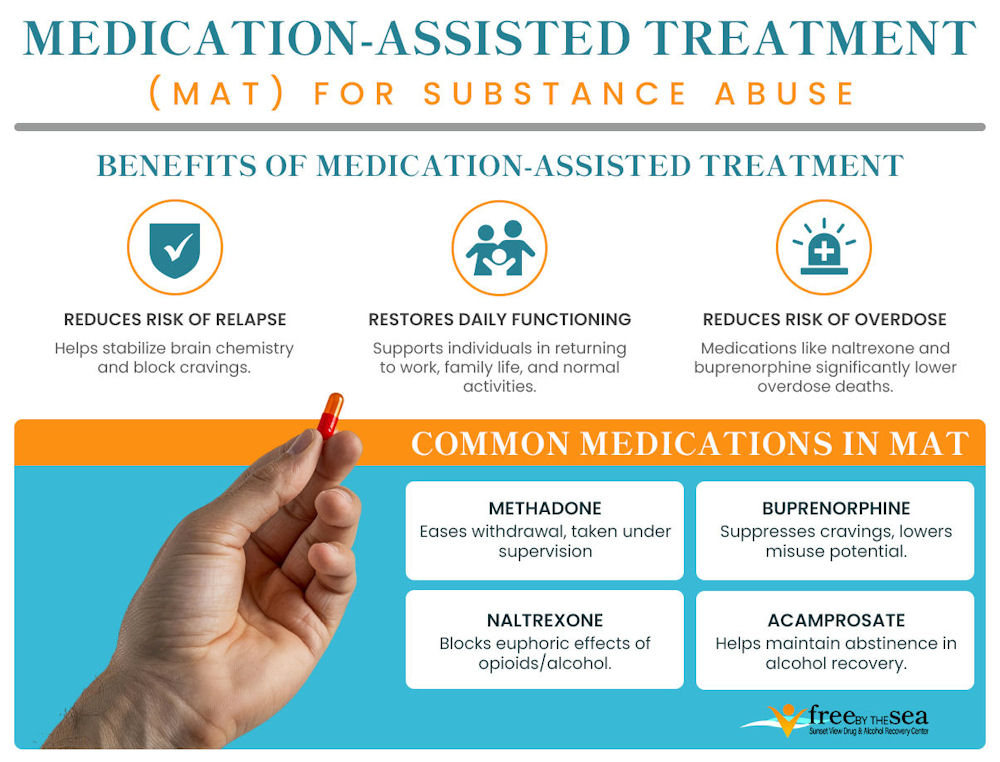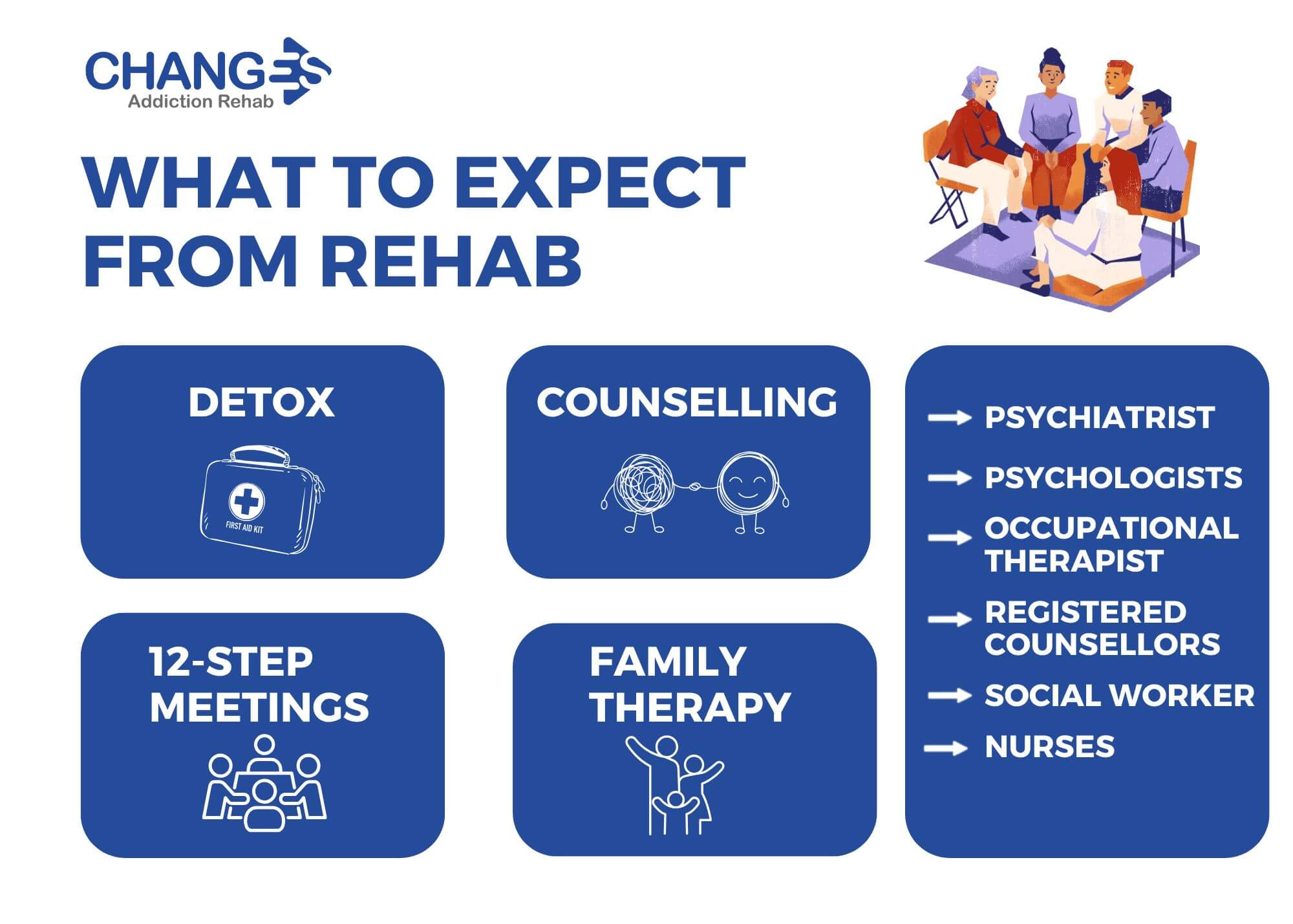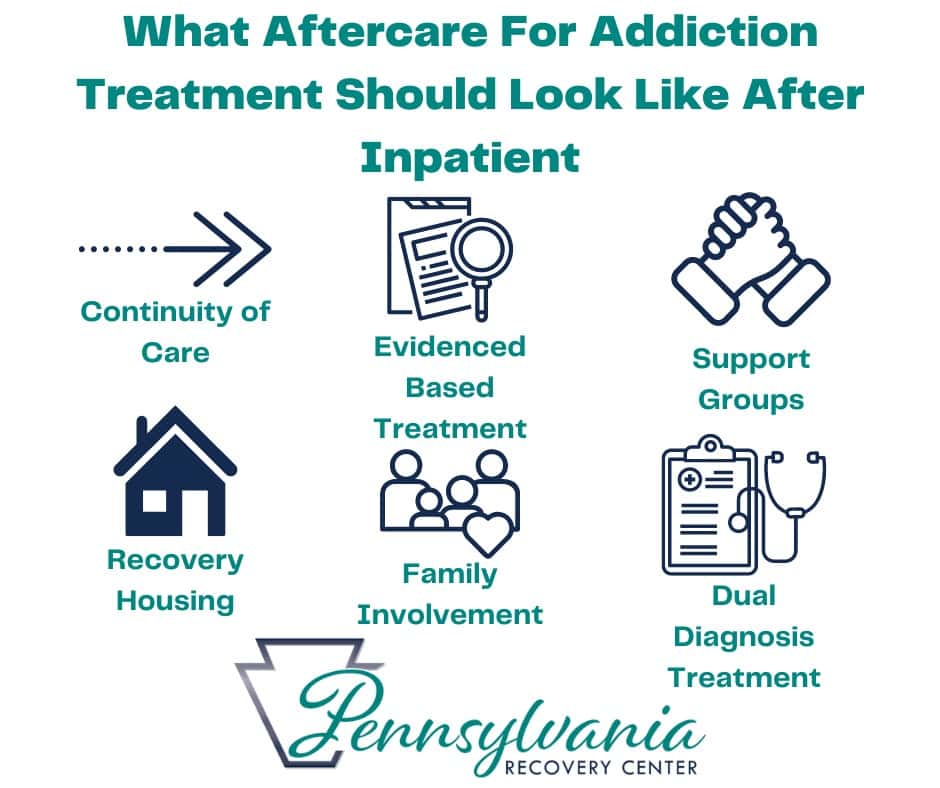Recognizing Chemical Abuse Rehabilitation: A Course Toward Healing and Recuperation
Drug abuse rehab is more than just an area to stop utilizing medications or alcohol-- it is a transformative journey that helps people reconstruct their lives, recover their mental wellness, and rediscover function. Addiction affects not just the body yet likewise the mind and emotions, usually leaving people feeling vulnerable and trapped. Rehab facilities give a structured, caring setting where individuals can break devoid of the chains of addiction and recover. Through treatment, clinical care, and psychological support, rehab assists clients regain control of their lives one action each time.
The Root Reasons of Addiction: Recognizing Why Individuals Get Addicted
 Dependency rarely occurs in isolation. It is the result of a complex mix of organic, psychological, and social factors. For some, genetics play a role-- certain people might be more inclined to dependency due to inherited characteristics that influence just how their mind reacts to materials. Others turn to drugs or alcohol as a means to manage psychological pain, anxiety, or trauma. When life really feels unbearable or frustrating, substances can provide a temporary retreat, numbing discomfort or creating a false feeling of relief. Over time, nonetheless, that alleviation comes to be reliance, and dependence advances into addiction.
Dependency rarely occurs in isolation. It is the result of a complex mix of organic, psychological, and social factors. For some, genetics play a role-- certain people might be more inclined to dependency due to inherited characteristics that influence just how their mind reacts to materials. Others turn to drugs or alcohol as a means to manage psychological pain, anxiety, or trauma. When life really feels unbearable or frustrating, substances can provide a temporary retreat, numbing discomfort or creating a false feeling of relief. Over time, nonetheless, that alleviation comes to be reliance, and dependence advances into addiction.Environmental variables likewise significantly add to chemical abuse. Maturing in a home where drug or alcohol usage is normalized raises the chance of establishing habit forming habits later on in life. Peer pressure, specifically during teenage years, can also press people towards experimentation with medications or alcohol. Additionally, exposure to persistent stress, monetary battles, or unstable relationships can make people more susceptible to looking for out materials as a coping mechanism. Oftentimes, individuals do not begin using medicines to become addicted-- they do it to feel better, retreat truth, or gain control over their emotions.
 Psychological wellness disorders are an additional major factor in addiction development. Conditions such as stress and anxiety, anxiety, PTSD, and bipolar illness usually exist side-by-side with drug abuse, creating what is called a dual medical diagnosis. Individuals battling with mental health difficulties may turn to medicines or alcohol to self-medicate and ease signs. Regrettably, compound usage only gets worse these conditions over time, developing a devastating cycle that can be hard to break. Understanding these source is crucial because dependency therapy must attend to both the symptoms and the underlying problems to accomplish real recovery.
Psychological wellness disorders are an additional major factor in addiction development. Conditions such as stress and anxiety, anxiety, PTSD, and bipolar illness usually exist side-by-side with drug abuse, creating what is called a dual medical diagnosis. Individuals battling with mental health difficulties may turn to medicines or alcohol to self-medicate and ease signs. Regrettably, compound usage only gets worse these conditions over time, developing a devastating cycle that can be hard to break. Understanding these source is crucial because dependency therapy must attend to both the symptoms and the underlying problems to accomplish real recovery.How Rehabilitation Can Help Individuals Reconstruct Their Lives
Recovery offers hope, structure, and recovery for those battling with dependency. The initial action in rehabilitation commonly includes detoxing, where the body removes all traces of medications or alcohol. This stage is clinically managed to ensure safety and comfort as withdrawal signs can be physically and emotionally challenging. Clinical professionals keep an eye on clients closely, sometimes making use of medication-assisted therapies to alleviate signs and reduce cravings. Detox sets the structure for lasting healing, preparing individuals to participate in treatment and various other aspects of therapy with a clear mind.
 After detox, the focus moves to therapy and counseling. Cognitive-behavioral treatment (CBT), team treatment, and individually therapy sessions aid people identify the thoughts and behaviors that resulted in substance use. These restorative techniques equip customers to establish healthy coping systems, boost psychological law, and restore self-worth. Rehabilitation centers additionally provide all natural treatments such as art, yoga, music, and meditation, which motivate psychological expression and spiritual recovery. Through regular treatment, clients learn that recuperation is not practically abstaining from substances however regarding transforming their attitude and way of life.
After detox, the focus moves to therapy and counseling. Cognitive-behavioral treatment (CBT), team treatment, and individually therapy sessions aid people identify the thoughts and behaviors that resulted in substance use. These restorative techniques equip customers to establish healthy coping systems, boost psychological law, and restore self-worth. Rehabilitation centers additionally provide all natural treatments such as art, yoga, music, and meditation, which motivate psychological expression and spiritual recovery. Through regular treatment, clients learn that recuperation is not practically abstaining from substances however regarding transforming their attitude and way of life.Rehab additionally gives neighborhood-- a powerful element in recuperation. Lots of people who battle with dependency feel separated or misconstrued. In rehabilitation, they are bordered by individuals who share comparable struggles and objectives, fostering a feeling of belonging and accountability. Team treatment sessions permit customers to share their experiences and motivate one another. The bonds developed in rehab commonly continue beyond therapy, becoming an important component of long-term support networks. This environment of understanding and compassion can make the distinction between relapse and sustained recovery.
Checking Out the Various Sorts Of Therapy in Material Misuse Rehab
There are a number of kinds of therapy programs available in material misuse rehab, each made to deal with different degrees of addiction intensity and individual demands. Inpatient rehabilitation programs are among the most extensive, giving 24/7 supervision and care in a domestic setup. Clients live at the center for a number of weeks or months, submersing themselves in a distraction-free and organized environment that focuses completely on healing. Inpatient programs are optimal for individuals with serious addictions, co-occurring psychological health and wellness problems, or unpredictable home settings.
Outpatient therapy, on the other hand, provides more flexibility. Customers continue living in your home while attending scheduled therapy sessions several times a week. This kind of program allows individuals to maintain work, school, or family duties while still receiving professional assistance. Outpatient rehabilitation is frequently best suited for those with mild to moderate dependencies or as a step-down transition after finishing an inpatient program. It offers ongoing accountability and support of healthy and balanced behaviors discovered throughout earlier phases of recuperation.
One more essential type of treatment is partial a hospital stay or intensive outpatient programs (IOPs) These programs integrate the intensity of inpatient rehabilitation with the Homepage flexibility of outpatient treatment. Clients participate in therapy for numerous hours a day, numerous times a week, and return home later. This framework ensures that individuals obtain intensive treatment while slowly reintegrating right into day-to-day live. Whether inpatient, outpatient, or IOP, the best objective of all therapy programs is to assist people establish a sustainable, substance-free way of life and outfit them with devices to manage life's difficulties without resorting to medicines or alcohol.
Various Programs Provided in Rehab Facilities
Rehabilitation centers use a variety of customized programs to satisfy the varied demands of their customers. Detox programs are frequently the primary step, focusing on safely managing withdrawal symptoms and supporting clients prior to treatment starts. Once detoxification is full, individuals transition into rehabilitation programs that target emotional, behavior, and emotional healing. These might consist of specific therapy, where clients work one-on-one with licensed therapists to check out the origin causes of dependency, as well as group therapy, which cultivates peer assistance and shared recovery experiences.
Lots of centers also use twin medical diagnosis programs for individuals battling with both compound use and psychological health problems. Treating both at the same time is vital, as neglecting one can hinder development in the various other. These programs incorporate psychological treatment, medicine management, and treatment to create a well balanced and thorough method to healing. In addition, family therapy plays a key duty in recovery busted relationships and reconstructing trust. Family members discover addiction characteristics, interaction methods, and how to sustain their loved ones during and after therapy.
Some rehabilitation facilities also provide specialized programs customized to particular demographics, such as veterans, teenagers, women, or specialists. Others incorporate all natural and different therapies like mindfulness training, fitness, nourishment therapy, and exterior tasks to advertise total well-being. Aftercare and regression prevention programs assist clients transition back into everyday life with continued support. These programs highlight developing a strong recuperation network, establishing goals, and maintaining responsibility to make sure long-lasting success past the rehab experience.
The Long-Term Importance important Abuse Rehabilitation and Recuperation Support
Finishing a rehabilitation program is only the beginning of the recuperation trip. Long-lasting soberness requires ongoing commitment, self-awareness, and assistance. Lots of people continue with aftercare programs, that include therapy, colleagues conferences, and check-ins with specialists. These continuous sessions enhance dealing approaches and supply guidance during challenging times. By remaining attached to a supportive community, people can avoid regression and continue to expand personally and mentally. Rehab teaches that here recuperation is not regarding perfection-- it has to do with progression and determination.
Another crucial element of sustained healing is way of living transformation. People who leave rehabilitation are motivated to build healthier regimens that sustain their wellness. This consists of participating in exercise, practicing mindfulness, consuming nourishing foods, and maintaining significant relationships. As soon as filled up, creating leisure activities or interests can additionally replace the gap that materials. Numerous recuperating individuals discover fulfillment in volunteering, seeking education, or aiding others in recovery. These positive adjustments enhance the new, click now sober identity they've constructed throughout rehab.
Ultimately, drug abuse rehab is concerning providing individuals the devices to reclaim their lives. It gives a structure for healing the spirit, mind, and body, aiding people find that life without dependency is not only possible however deeply gratifying. Every success story begins with the courage to look for help, and rehabilitation facilities exist to assist individuals through that transformative journey. With the appropriate therapy, support, and decision, healing ends up being not simply a possibility yet a long lasting fact.
Substance abuse rehabilitation is even more than simply a place to quit using medications or alcohol-- it is a transformative trip that aids people rebuild their lives, recover their mental wellness, and rediscover objective. In rehab, they are surrounded by people who share comparable battles and objectives, promoting a sense of belonging and responsibility. Outpatient rehabilitation is typically best fit for those with mild to moderate addictions or as a step-down transition after completing an inpatient program. Eventually, substance misuse rehabilitation is regarding providing people the devices to recover their lives. Every success tale begins with the courage to seek assistance, and rehabilitation centers exist to direct individuals with that transformative trip.